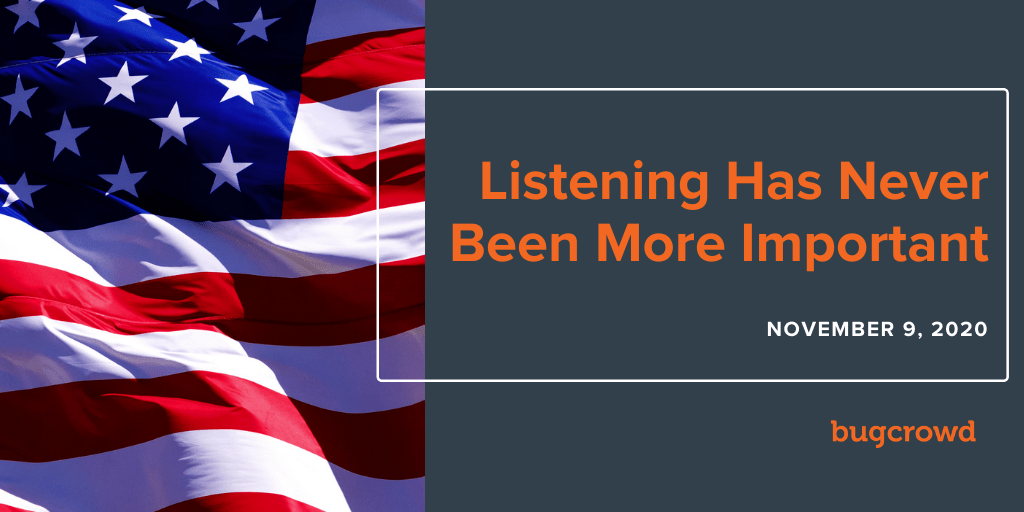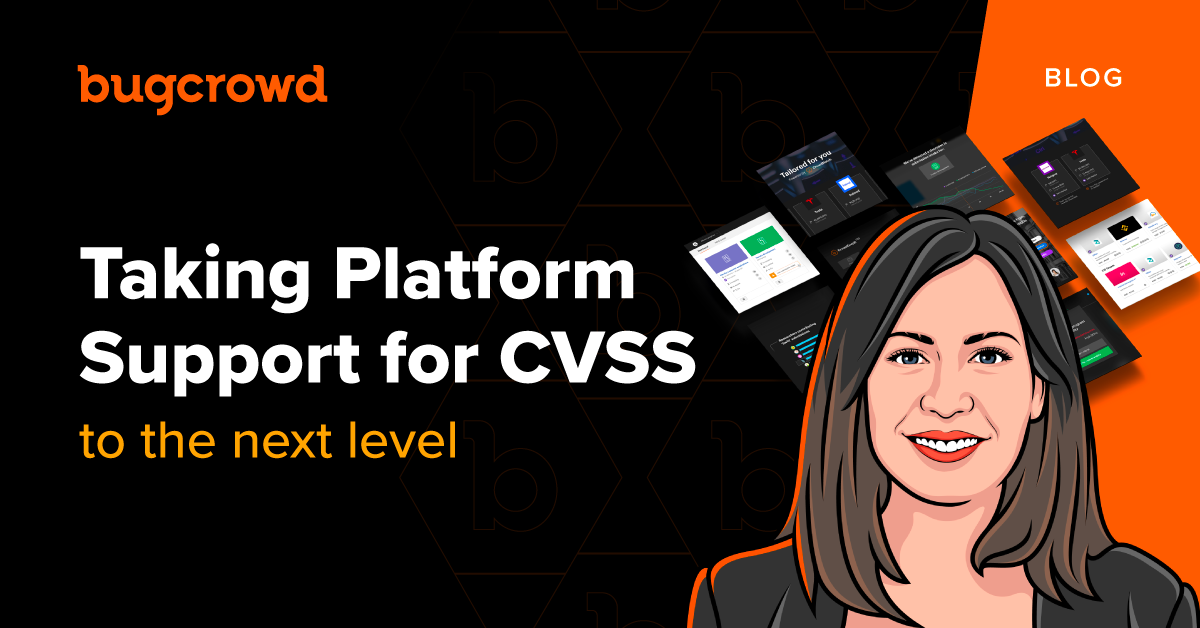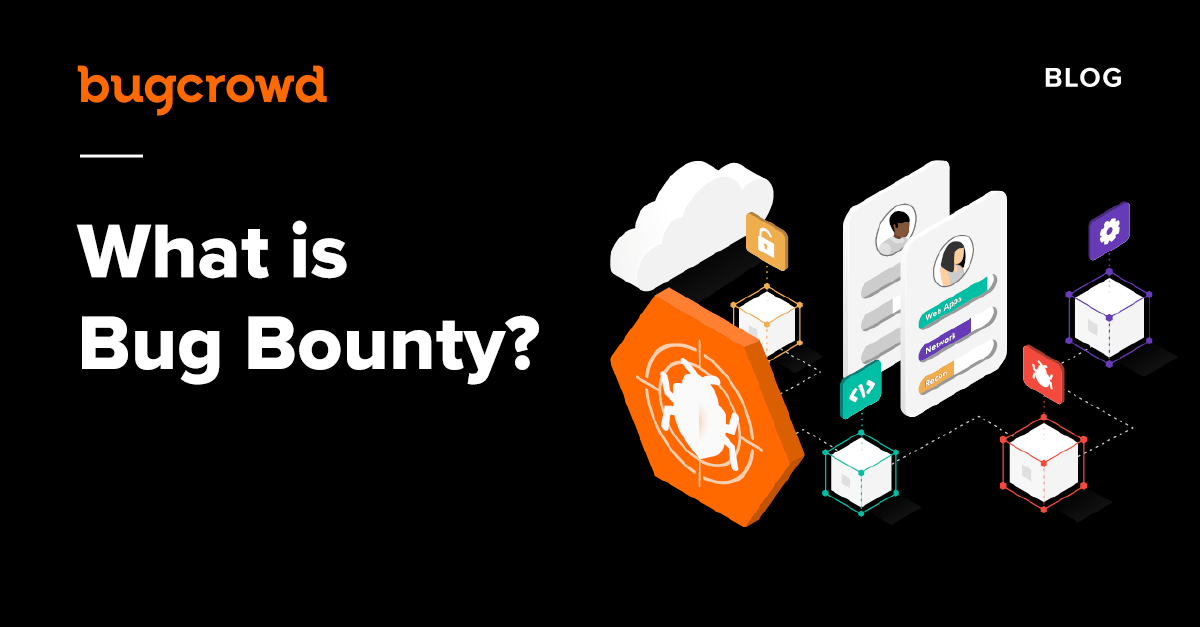As our nation moves forward after one of the most contentious elections in U.S. history, we now need to focus on coming together and reuniting as a country. Clearly, we face stark divisions on many issues. So, how do we honor the diversity of hopes, fears and opinions that exist across our country? No matter what our personal politics are, we’re still a democracy. How can we act like one, even when we feel so divided?
Residual tension is natural after any election. After all, an election is typically a binary choice between one of two candidates: one set of values and strategies vs. another set of values and strategies.
But now, we have to switch modes. We have to let go of the “either / or” mindset and embrace a more innovative, inclusive mindset of “both / and”—a mindset that assures everyone they have a voice. A mindset that assures people they’re a vital part of our democracy no matter what. I love this saying by Mahatma Gandhi:
Democracy must in essence . . . mean the art and science of mobilizing the entire physical, economic and spiritual resources of all the various sections of the people in the service of the common good of all.
In other words, democracies only work when you tap into the wisdom of the entire population, not just the portion of it that you happen to agree with. When we remember how to listen to each other—not just to spot a flaw in an opponent’s argument or watch for a weakness to exploit, but to really and truly listen—we may discover a path that inspires people to operate at the highest common denominator and drive our country forward.
Listening is a lot harder to do when you feel threatened, upset, or conversely, self-righteous. Regardless of which side we were on during this election or on any issue on the ballot, we must check ourselves and avoid these tendencies, or we risk perpetuating the rifts that divide us.
When we truly listen, we may realize that although we may be afraid of different things, most of us are trying to protect the same things. Our families. Our friends. Our livelihoods. Our democracy. Our fundamental rights as human beings.
It’s okay that we have different opinions on specific policies or priorities. That’s part of what makes a democracy strong—diversity of thought. If we can learn to take advantage of our differences, there’s virtually nothing we can’t accomplish.
In short, the power of listening is what allows us to tap into our collective wisdom. In my own personal experience, authentic listening is a game-changer in business. And practiced correctly, knowing where and how to listen can become a force multiplier for our democracy as well.




